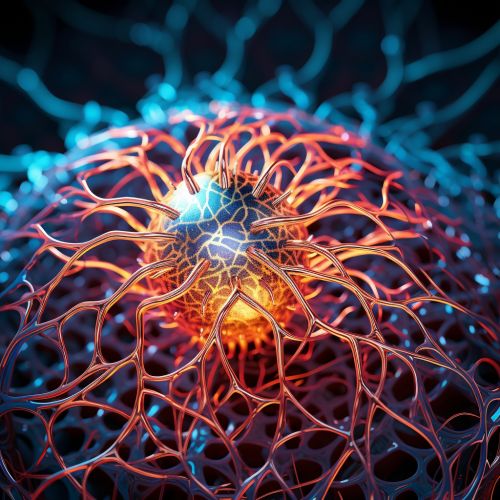The Science of Human Cognitive Aging
Introduction
Human cognitive aging is a branch of cognitive science that focuses on the changes in cognitive processes as people age. This field of study is crucial for understanding how aging affects the brain's ability to process information, make decisions, and remember events. It is a multidisciplinary field, incorporating knowledge from psychology, neuroscience, gerontology, and other areas of science.


Cognitive Processes and Aging
Cognitive processes include perception, attention, memory, language, problem-solving, and decision making. These processes are all affected by aging, but the extent and nature of the changes vary widely among individuals. Some cognitive abilities, such as vocabulary, can remain stable or even improve with age, while others, such as processing speed and working memory, typically decline.
Perception
Perception involves the interpretation of sensory information. As people age, they may experience changes in their sensory systems, such as hearing and vision, which can affect their cognitive abilities. For example, age-related hearing loss can make it more difficult to understand speech, particularly in noisy environments, which can affect communication and social interactions.
Attention
Attention refers to the ability to focus on specific information while ignoring irrelevant stimuli. Aging can affect both selective attention (focusing on one thing while ignoring others) and divided attention (focusing on more than one thing at a time). Older adults may find it more difficult to ignore irrelevant information, which can affect their ability to focus and process information.
Memory
Memory is a complex cognitive process that involves encoding, storing, and retrieving information. Aging can affect different types of memory to varying degrees. For example, episodic memory (memory for specific events) and working memory (the ability to hold and manipulate information in mind over short periods) often decline with age, while semantic memory (general knowledge) and procedural memory (how to do things) are typically more resistant to aging.
Language
Language abilities, such as vocabulary and understanding of grammar, are generally well-preserved in older adults. However, some aspects of language, such as word retrieval and speech production, can become more difficult with age.
Problem-Solving and Decision Making
Problem-solving and decision-making abilities can be affected by aging. Older adults may take longer to make decisions and may be more likely to use simpler strategies. However, they can also draw on their life experiences and accumulated knowledge to solve problems.


Factors Influencing Cognitive Aging
Several factors can influence cognitive aging, including genetics, lifestyle, and environmental factors. Understanding these factors can help researchers develop interventions to support cognitive health in older adults.
Genetics
Genetics plays a significant role in cognitive aging. Certain genes have been associated with cognitive decline and the development of neurodegenerative diseases such as Alzheimer's disease. However, genetics is not the only factor, and many aspects of cognitive aging are influenced by environmental and lifestyle factors.
Lifestyle
Lifestyle factors such as diet, physical activity, and cognitive engagement can have a significant impact on cognitive aging. For example, a healthy diet and regular physical activity have been associated with better cognitive function in older adults. Similarly, cognitive engagement, such as reading, playing games, and other mentally stimulating activities, can help maintain cognitive abilities in old age.
Environmental Factors
Environmental factors, including exposure to toxins, stress, and socioeconomic status, can also influence cognitive aging. For example, chronic stress can have a negative impact on cognitive function, while a higher socioeconomic status has been associated with better cognitive health in older adults.


Cognitive Aging and Neurodegenerative Diseases
Cognitive aging is a normal process, but in some cases, it can be a sign of a neurodegenerative disease. These diseases, which include Alzheimer's disease and Parkinson's disease, are characterized by the progressive loss of neurons and cognitive function.
Conclusion
Understanding the science of human cognitive aging is crucial for developing interventions to support cognitive health in older adults. While cognitive decline is a normal part of aging, research in this field can help identify ways to slow this process and maintain cognitive abilities into old age.
